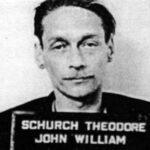
27 year old Theodore William John Schurch was born in London to Swiss parents and was a Nazi supporter who had joined the British Union of Fascists in 1934. In 1936 he joined the British Army, serving with the Royal Army Service Corps, as a driver. He was captured by the Italians, while fighting at Tobruk in North Africa in 1942.
He decided to offer his services to his captors and spied on his fellow prisoners of war passing back useful information to the Italians.
The British Army’s Special Investigation Branch [SIB] arrested Schurch on the 28th of May 1945, on a charge of impersonating an officer, masquerading as “Captain Richards”, to gain military information for the use of the enemy.
Schurch was tried at the Duke of York’s HQ, Chelsea by Military Courts Martial on 17th of September 1945. He faced nine counts under the Treachery Act of 1940 plus one count of desertion contrary to the Army Act.
Five counts related to his activities in North Africa during 1942 and four to his later time in the Italian naval port of La Spezia during 1943.
He did not call any witnesses in his defence but the prosecution was able to call several ex-prisoners of war to identify Schurch as the person who had been asking them questions about what they had been doing and where they were serving prior to capture. Schurch was convicted on all ten charges and received the mandatory death sentence for the treason convictions.
Theodore Schurch was hanged at Pentonville Prison on the 4th of January 1946 by Albert Pierrepoint, assisted by Alex Riley. He was initially interred in the prison grounds in an unmarked grave. He became the last person to die for a crime other than murder in the UK.
Schurch’s name appears on a memorial at Brookwood Cemetery in Surrey, unveiled by HM Queen Elizabeth II in 1958, as he was a serving British soldier at the time of his execution. The then Imperial War Graves Commission had no discretion in commemorating him with a plaque alongside those who died honourably while in uniform.
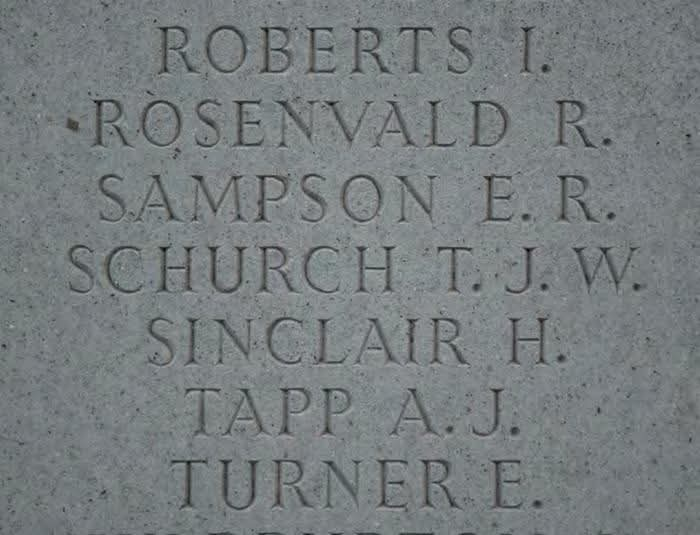


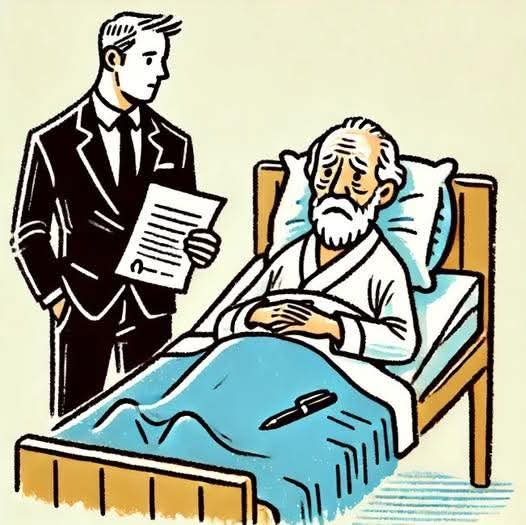

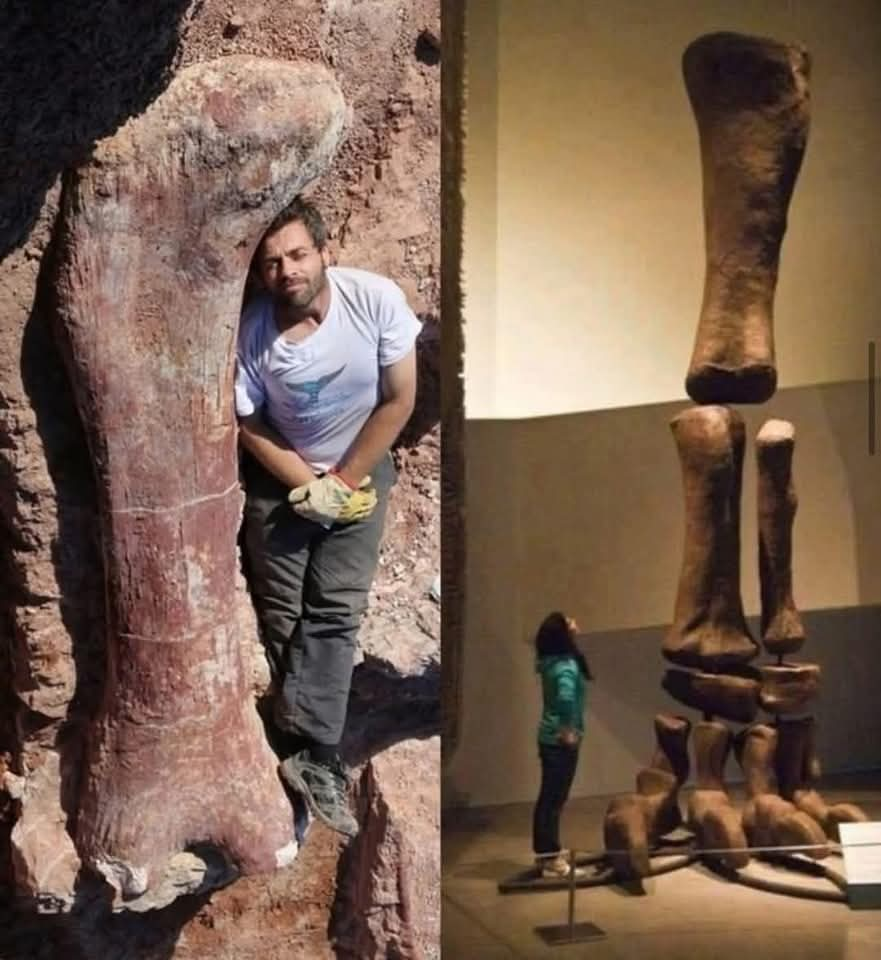
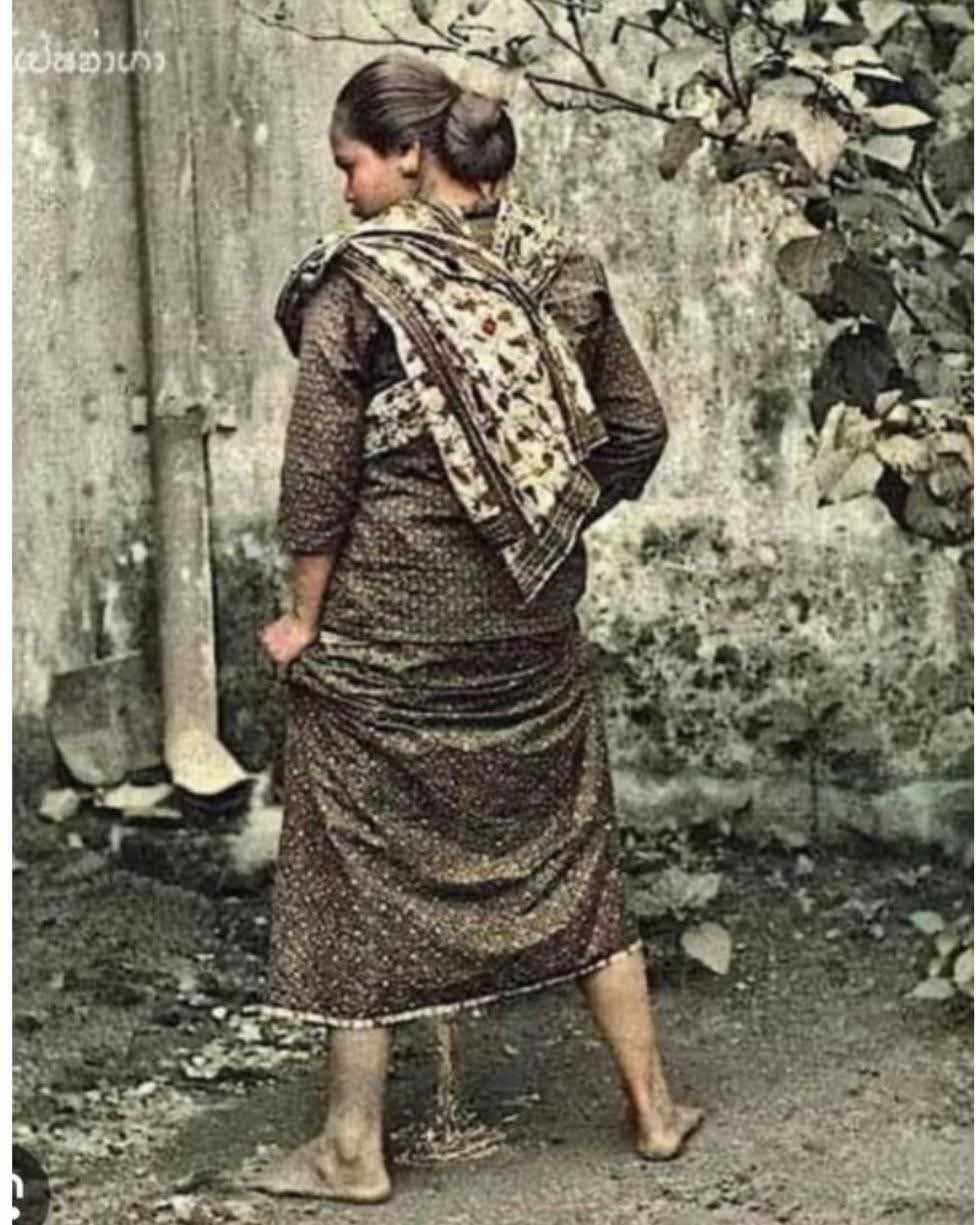


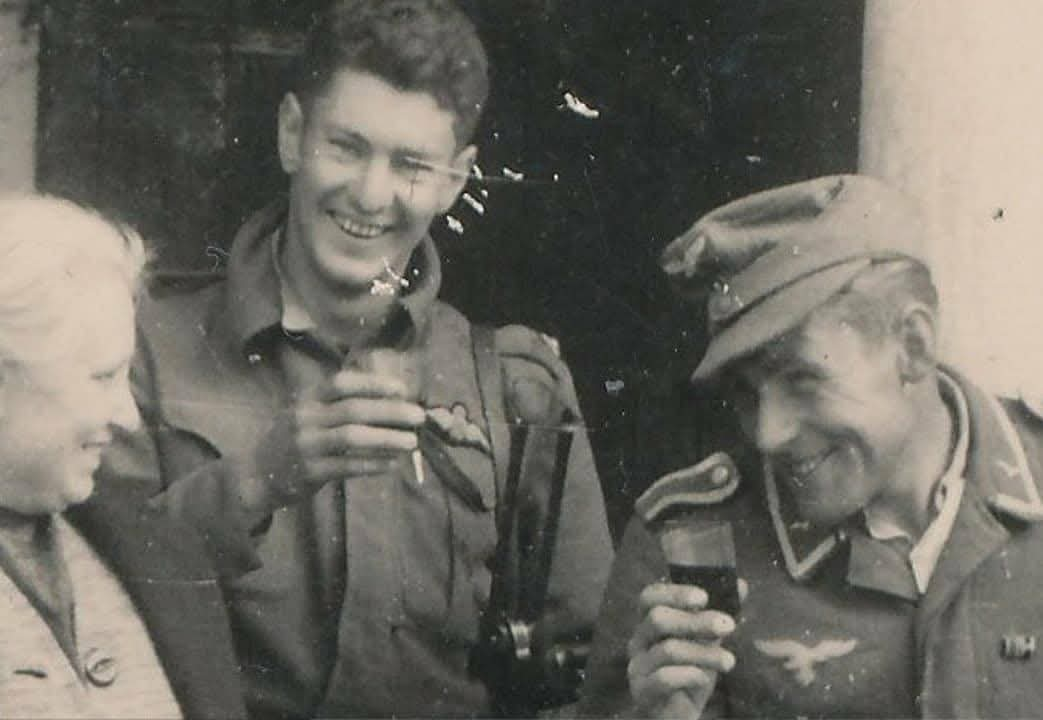


Leave a Reply